President Donald Trump made a pointed statement on Friday (5), via his social media platform Truth Social, signaling deep concern about global geopolitical alignments. Sharing an image of Indian prime minister Narendra Modi, Russian president Vladimir Putin, and Chinese president Xi Jinping together from the recent Shanghai Cooperation Organisation (SCO) summit in Tianjin, China, Trump wrote: “Looks like we’ve lost India and Russia to deepest, darkest China. May they have a long and prosperous future together!”
This blunt comment marks Trump’s strongest acknowledgment yet that India and Russia appear to be edging closer to China, a development that challenges US influence. Trump’s sarcasm underscored frustration amid ongoing tensions, trade disputes, and realignments of alliances.
SCO summit signals changing alliances
The SCO summit was notable for the camaraderie displayed between Modi, Putin, and Xi, highlighting increased cooperation in energy, security, and global trade issues. For Washington, this represented a setback since India has long been courted as a counterweight to China’s expansion in Asia. The public warmth during the summit was perceived as a rebuke to U.S. policies and the new tariff regimes imposed by the Trump administration on Indian goods.
For India, the summit was historic, marking Prime Minister Modi’s first visit to China in seven years — a significant step toward exercising strategic autonomy amid border disputes and geopolitical tensions.
Trump’s tariff war and its consequences
Since returning to office, Trump has aggressively ramped up tariffs on Indian imports, levying a combined 50% tariff that ranks among the steepest the U.S. has applied globally. These tariffs mainly aim to retaliate against India’s continued purchases of Russian oil despite global sanctions. Trump has repeatedly criticized India for what he perceives as an unfair trade relationship. “We do very little business with India, but they do a tremendous amount of business with us,” Trump stated, describing the bilateral trade as “a totally one-sided disaster.”
India’s response and strategic balancing
India has rejected the US tariffs as unjustified and unreasonable, asserting its sovereign right to conduct energy imports independently. External Affairs Minister S. Jaishankar underscored that the US standards have not been uniformly applied, noting China and the EU remain major purchasers of Russian energy. Despite the trade friction, India stresses the importance of maintaining its comprehensive global strategic partnership with the US, grounded in democratic values and people-to-people ties.
Experts weigh in: Eroding US influence
Former national security officials have criticized the Trump administration for pushing India closer to China and Russia through harsh trade measures and diplomatic strain. John Bolton described the once-strong personal rapport between Modi and Trump as fractured, while Jake Sullivan called the massive tariff offensive an impetus for India to deepen ties with China. Analysts note that China’s global influence has surged as the U.S. brand suffers diminished favor amidst these complex geopolitical shifts.
The global chessboard in flux
The evolving relationships among India, Russia, and China present a new set of challenges for U.S. foreign policy in Asia and beyond. As India embraces strategic autonomy and Ukraine’s conflict continues, Washington faces an uphill battle to contain China’s growing sway. Trump’s candid social media post encapsulates the frustration and shifting landscapes defining great power politics in 2025.
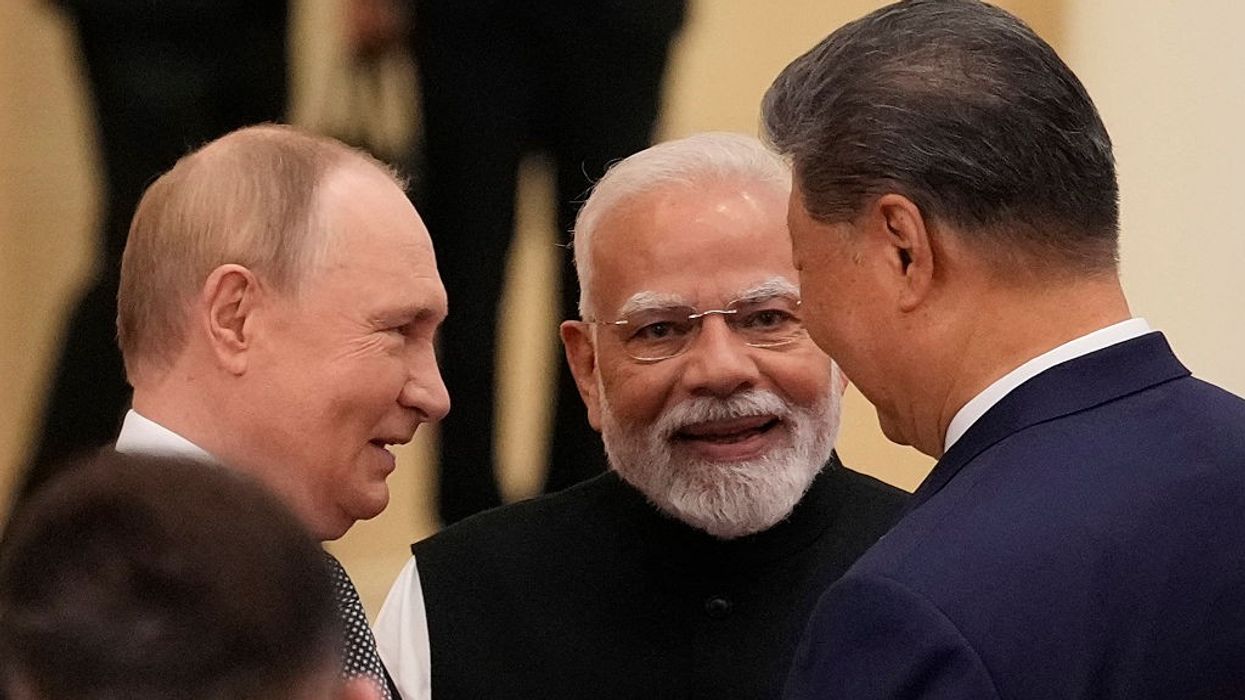


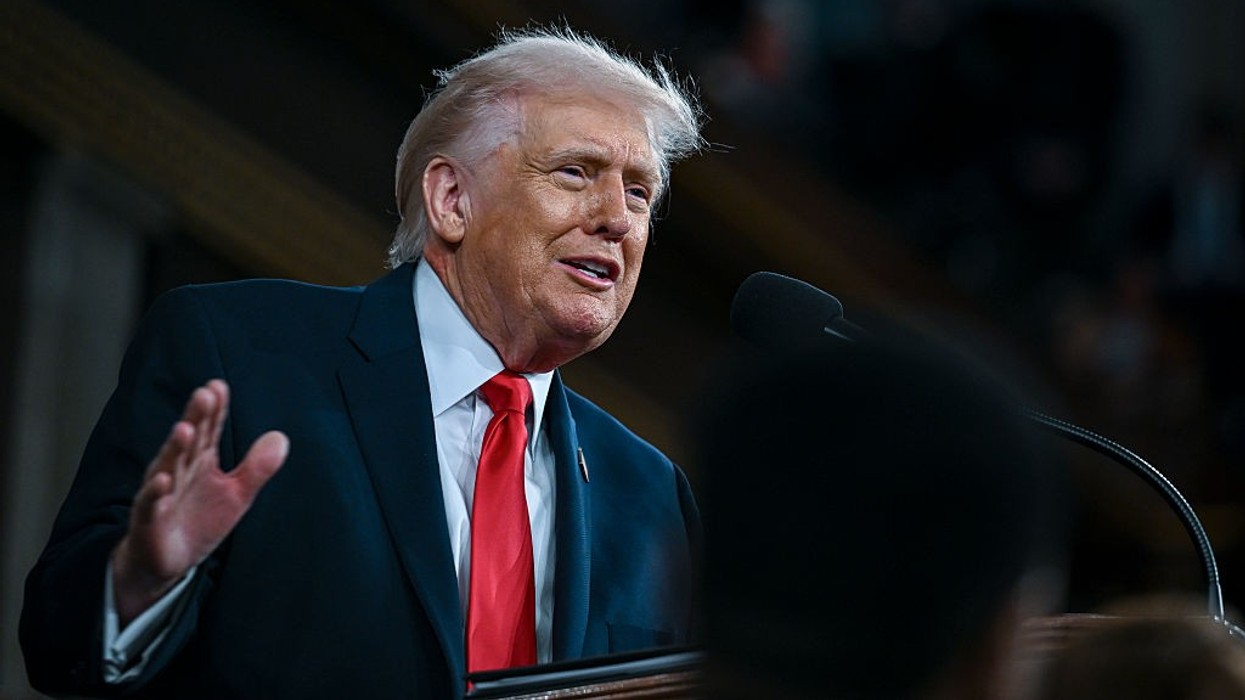
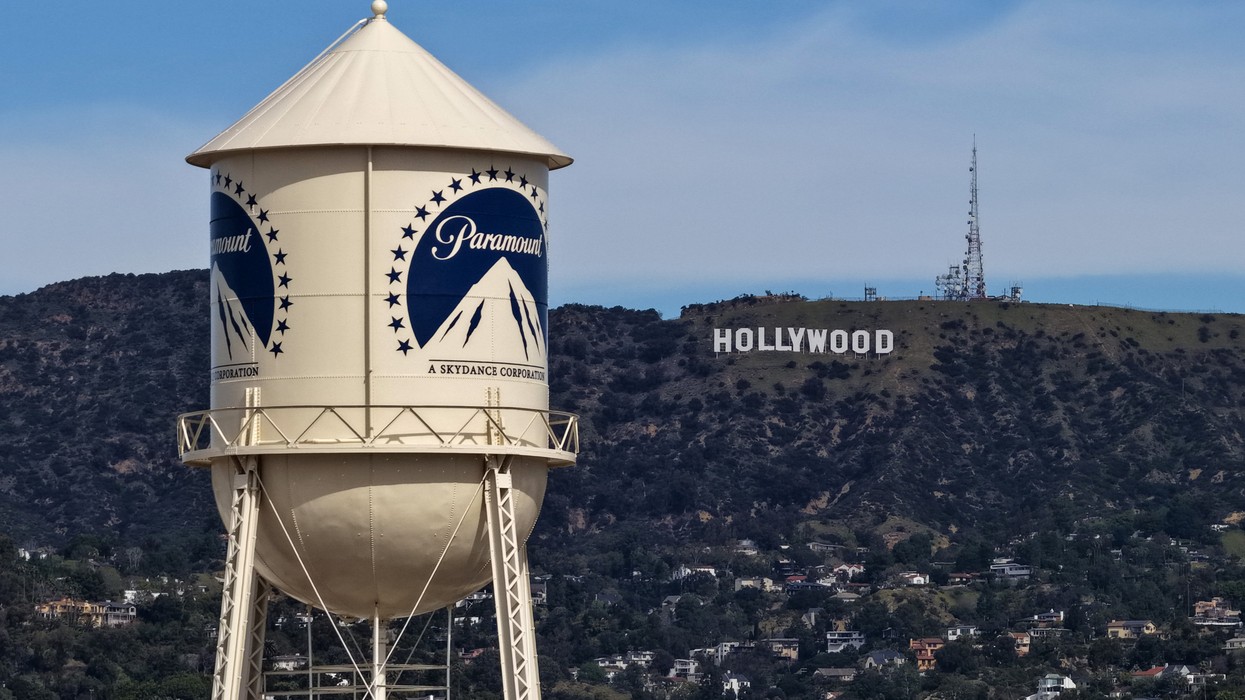
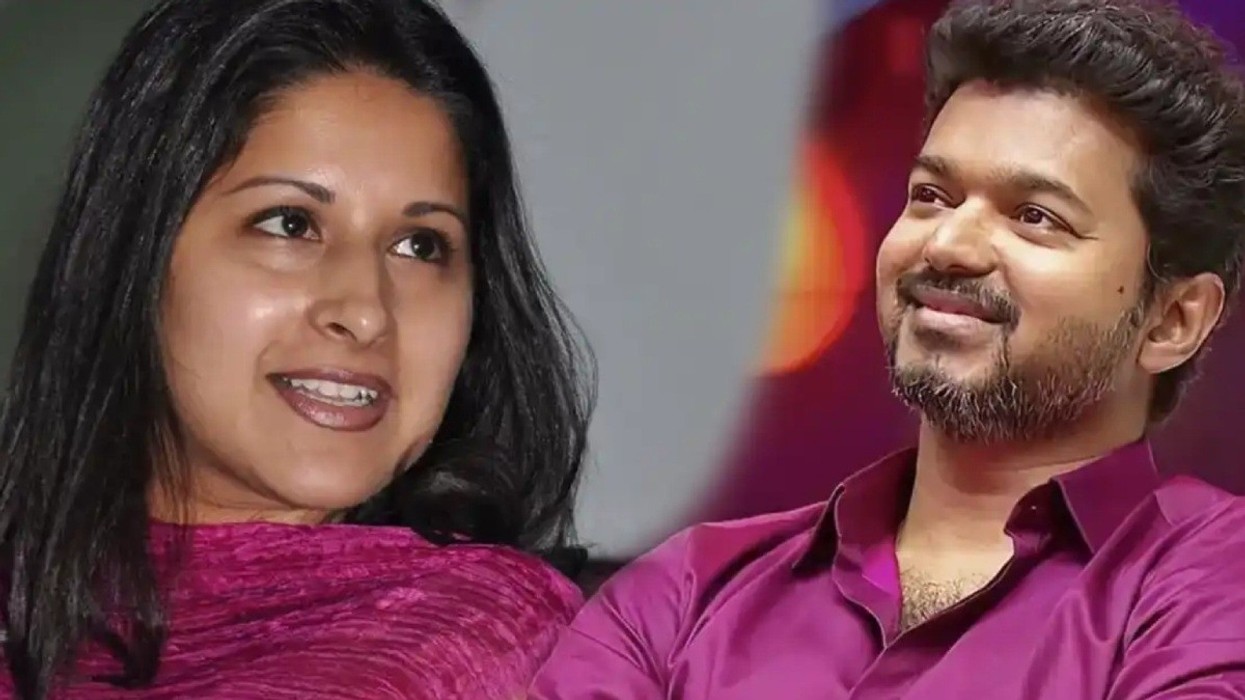
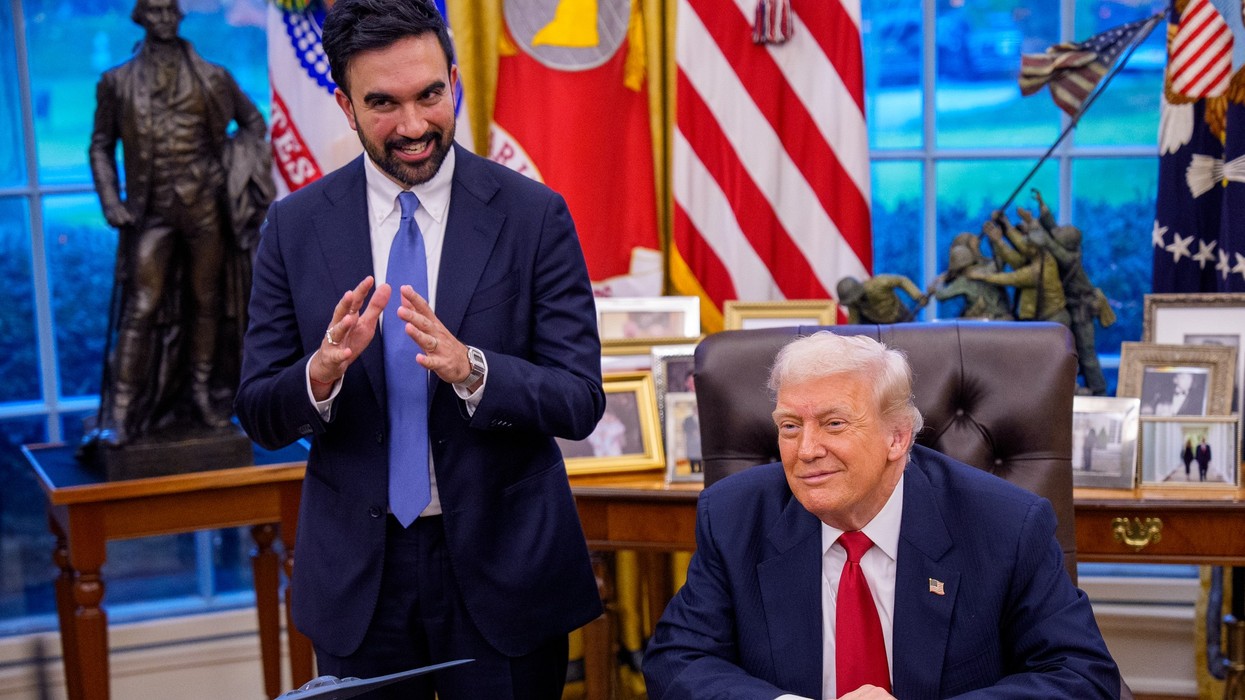
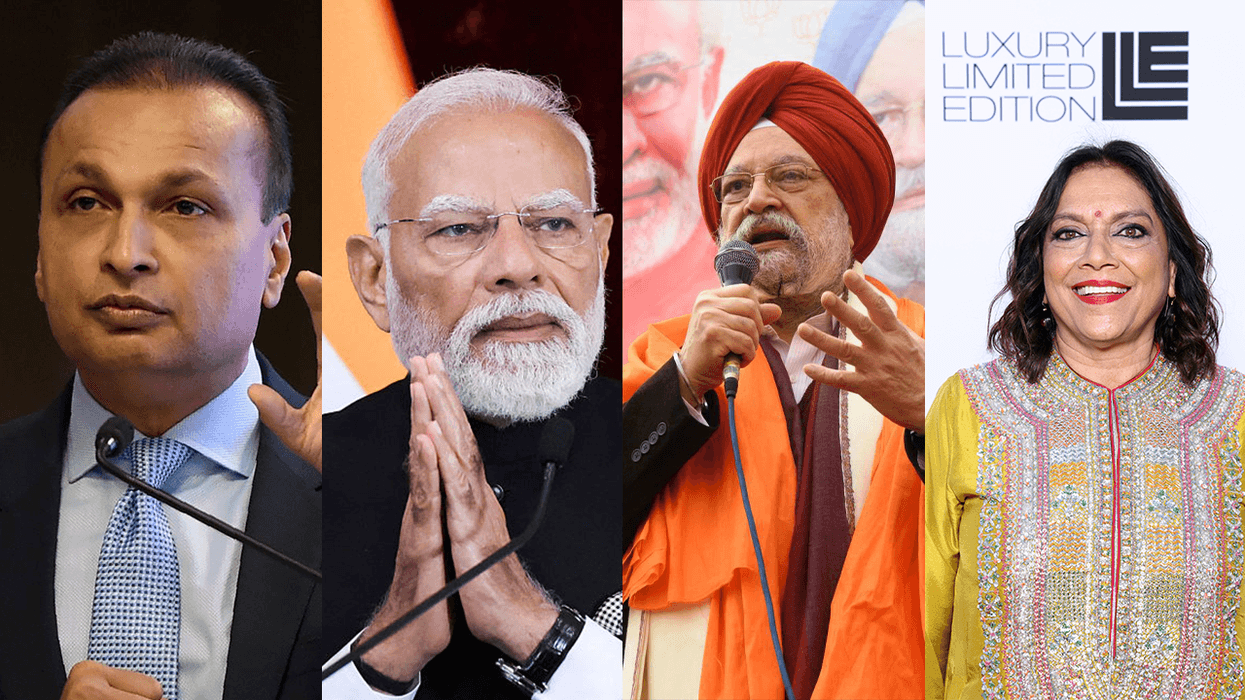





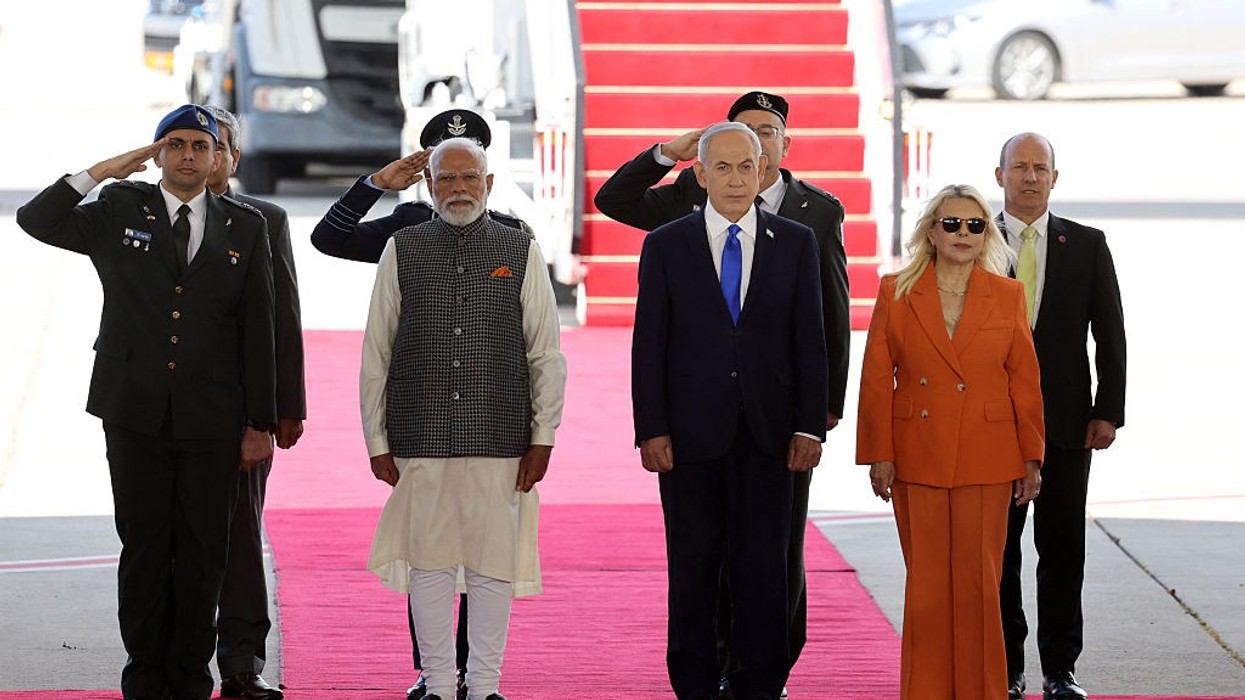

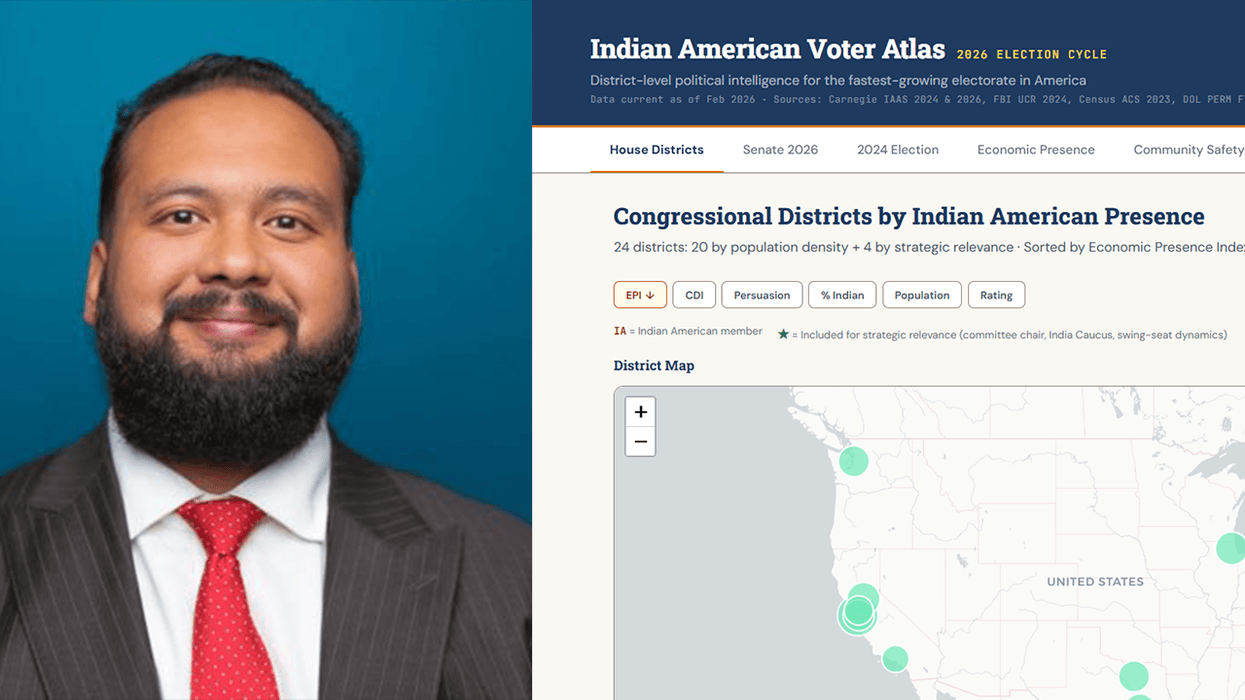
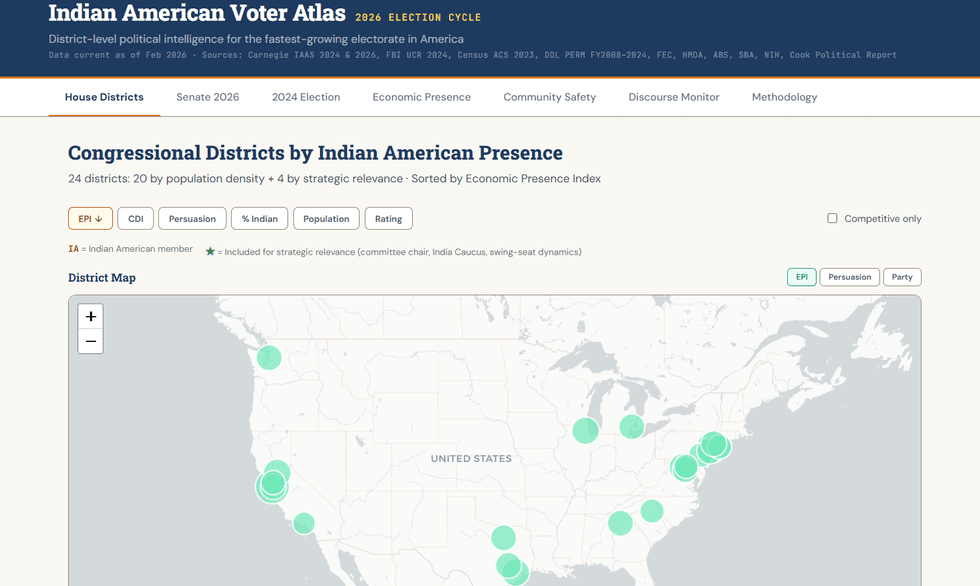 https://www.voteratlas.io/
https://www.voteratlas.io/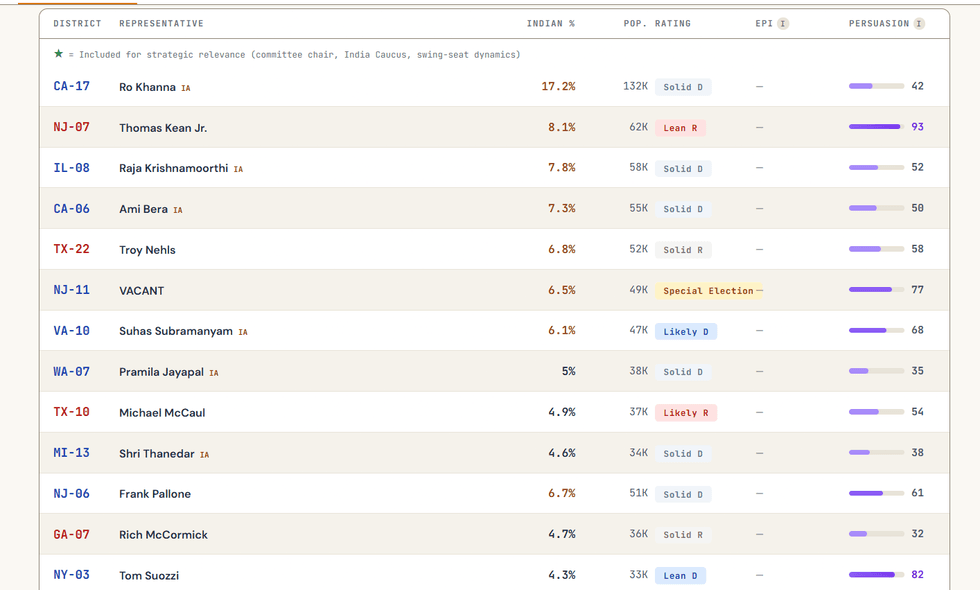 https://www.voteratlas.io/
https://www.voteratlas.io/